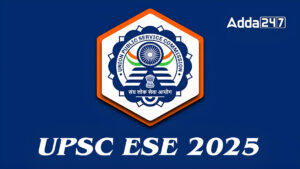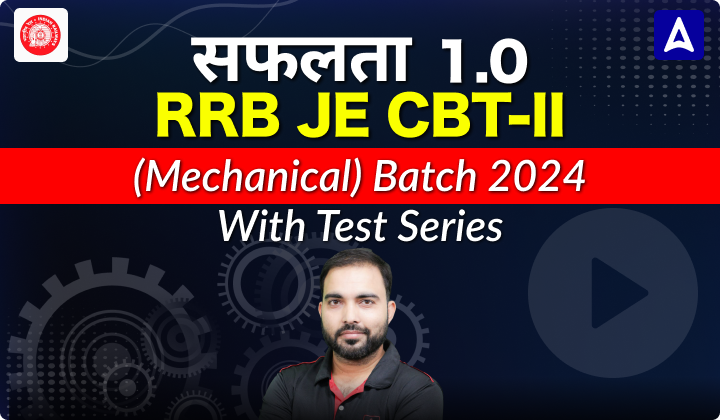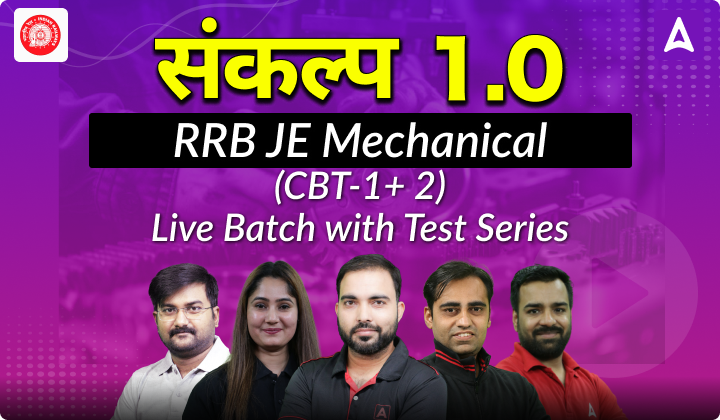Quiz: Mechanical Engineering
Exam: NHPC JE
Topic: Miscellaneous
Each question carries 1 mark
Negative marking: 1/4 mark
Time: 6 Minutes
Q1. Which of the following is incorrect for NC machine tool?
(a) Instruction undergoes electronic processing and outcome is the pulsed command
(b) Control unit sends signals to drive unit of machine tool and to magnetic box
(c) Instruction for manufacturing the components is written in coded language and read by tape recorder
(d) All of the above
Q2. The system which is not the actuation system of NC machine tool?
(a) Contour system
(b) Pneumatic system
(c) Electromechanical system
(d) Hydraulic system
Q3. Otto cycle consists of
(a) Two constant volume & two isentropic processes
(b) Two isothermal and two isentropic processes
(c) Two constant pressure and two isentropic processes
(d) One constant volume, one constant pressure and two isentropic processes
Q4. Perpetual motion machine of second kind (PMM-I) violates the
(a) Zeroth law of thermodynamics
(b) First law of thermodynamics
(c) Second law of thermodynamics
(d) Third law of thermodynamics
Q5. If the radius is doubled and the speed is reduced to half of its original value, the centrifugal force would be:
(a) 2.0 times the original value
(b) 0.5 times the original value
(c) 0.2 times the original value
(d) 0.1 times the original value
Q6. As compared to the mass of a body on the earth, its mass on the moon will be
(a) 6 times higher
(b) 6 times lower
(c) √6 times higher
(d) None of these
Solutions
S1. Ans. (d)
Sol. All of the above statements are correct.
S2. Ans. (a)
Sol. Contour system is not the actuation system of NC machine tool.
S3. Ans. (a)
Sol. Carnot cycle consists of two isothermal and two isentropic processes.
Otto cycle consists of two constant volume and two isentropic processes.
S4. Ans. (b)
Sol. Perpetual motion machine of second kind (PMM-II) violates the second law of thermodynamics.
Perpetual motion machine of second kind (PMM-I) violates the first law of thermodynamics.
S5. Ans. (b)
Sol.
F_2/F_1 =m_2/m_1 ×(ω_2/ω_1 )^2×r_2/r_1
=(1/2)^2×2=2/4=0.5 (∵ m_1=m_2)
S6. Ans. (d)
Sol. On moon only acceleration due to gravity is one sixth of acceleration due to gravity on earth.
g^’=g/6
So, weight of the body on moon becomes one sixth of the weight of the body on earth.
But there is no change in mass.


 UPSC ESE 2025, Last Date To Submit Appli...
UPSC ESE 2025, Last Date To Submit Appli...
 TN PWD Apprentice Recruitment 2024, Appl...
TN PWD Apprentice Recruitment 2024, Appl...
 NFC Recruitment 2024, Last Date To Apply...
NFC Recruitment 2024, Last Date To Apply...











